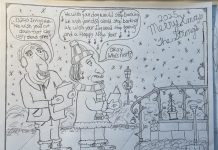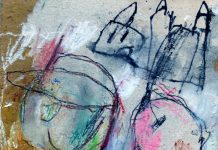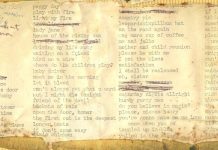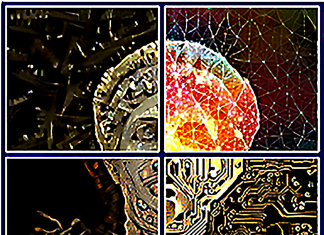-after “Einstein’s Dreams”
A man and woman walk hand in hand down the Grabenstrasse. The street is quiet on a Tuesday afternoon. An aproned man shakes a rug over the sidewalk; scraps of dust and paper settle on a pair of stone pigeons. A whistling boy with a porkpie hat pauses on the steps of a butcher shop.
Sara is the young woman’s name; her companion is called Albert. They stop before a pink door numbered 21.
From an upstairs window, a woman gazes down.
“Time is a circle, endlessly doubling back on itself,“ the young man says. She presses her fingers over his mouth. “Albert, hush,” she whispers. She stands on tiptoe to kiss the sunburned tip of his nose.
A year later, Sara will again walk the Grabenstrasse, hand in hand with a spectacled young man named Albert. His fair skin is sunburned, like the leaf tips of the oaks lining the street. “You must clean that up, Brother!” The girl calls to a boy stubbing out a cigarette on the shop steps.
“Sara, come in for coffee,” a woman calls from an upstairs window. Sara obeys. Albert follows her inside. A gramophone plays “Für Elise.”
Two years will pass. Young Einstein will walk again down the Grabenstrasse in late August. The family of Sara, her mother and father, has moved away. The butcher shop closed after the death of Sara’s younger brother, run over by a delivery truck.
A woman with sunburnt cheeks and auburn hair rolls up the awning of a flower shop at #21. She hands a cup to the young man. He swallows a few sips of water, pours the rest over a clump of geraniums wilting in a window box. “Time,” he explains, “is only an illusion.”
“The distinction between the past, present and future is only a stubbornly persistent illusion.”






























